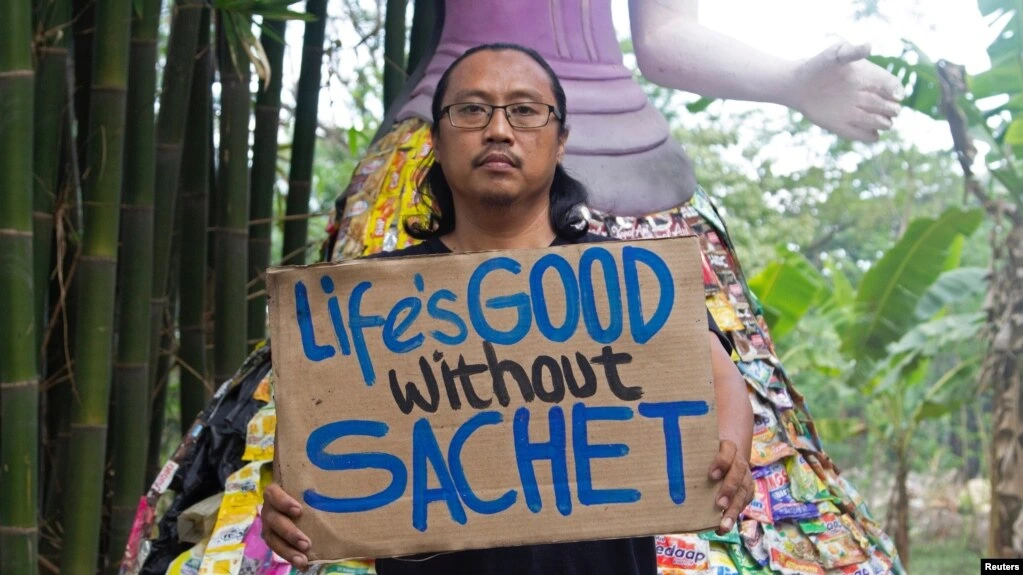
UNAIR NEWS – When scientific knowledge merges with deep empathy, meaningful environmental change becomes possible. This principle defines the journey of Prigi Arisandi, an alumnus of Universitas Airlangga’s (UNAIR) Faculty of Science and Technology (FST), and founder of the Ecological Observation and Wetland Conservations (ECOTON) foundation.
ECOTON originated as a student study group in FST UNAIR’s Biology Department, created to address the worsening environmental degradation in Surabaya. This included mangrove destruction and the conversion of coastal lands into malls and housing developments. According to Arisandi, these changes pose serious threats to biodiversity and intensify pollution.
“I saw industries committing environmental injustices, enabled by government inaction. Instead of protecting the environment and ensuring river water quality, the government failed to fulfill its responsibilities and allowed destruction to persist,” he stated.
Taking action for the environment
Arisandi’s commitment to environmental protection was sparked in 1999 after a massive fish die-off in Surabaya left him deeply distressed. His investigation revealed that the disaster was caused by untreated wastewater from paper factories.
“Wastewater flowed into rivers mostly at night because during the day, treatment processes concealed its effects. The contaminated water changed the river’s color, disrupting aquatic life such as fish, insects, and freshwater mussels,” he explained.
Growing up in Surabaya and spending his childhood playing in its rivers gave Arisandi a strong personal connection to these waterways. He hoped to preserve them for future generations, but ongoing pollution made him fear for their survival. “Fueled by this passion, I utilized my biology knowledge to focus on saving Surabaya’s rivers from further degradation,” he affirmed.
UNAIR’s role and message for the future
Arisandi credited UNAIR with providing crucial support for the establishment of ECOTON. Consultations and discussions with FST faculty helped him scientifically analyze cases of pollution, while mentorship from professors inspired and guided his efforts. “The robust research facilities at FST, including laboratories dedicated to environmental studies and water quality, provided invaluable support in gathering data for advocacy efforts,” he shared.
Addressing UNAIR students interested in environmental work, Arisandi emphasized the importance of strong resolve and a willingness to take risks. He encouraged them to prioritize the environment and its ecosystems in their pursuits.
“As scientists, many opportunities exist to join multinational or extractive companies focused on exploiting resources for growth.
However, there is also a profound opportunity to dedicate one’s life to saving the environment, preserving rivers and forests, and supporting communities affected by industrial activities. This path is often referred to as ‘walking a lonely road,’ as only a few are willing to take it,” he concluded.
Author: Nadia Azahrah Putri
Editor: Yulia Rohmawati
